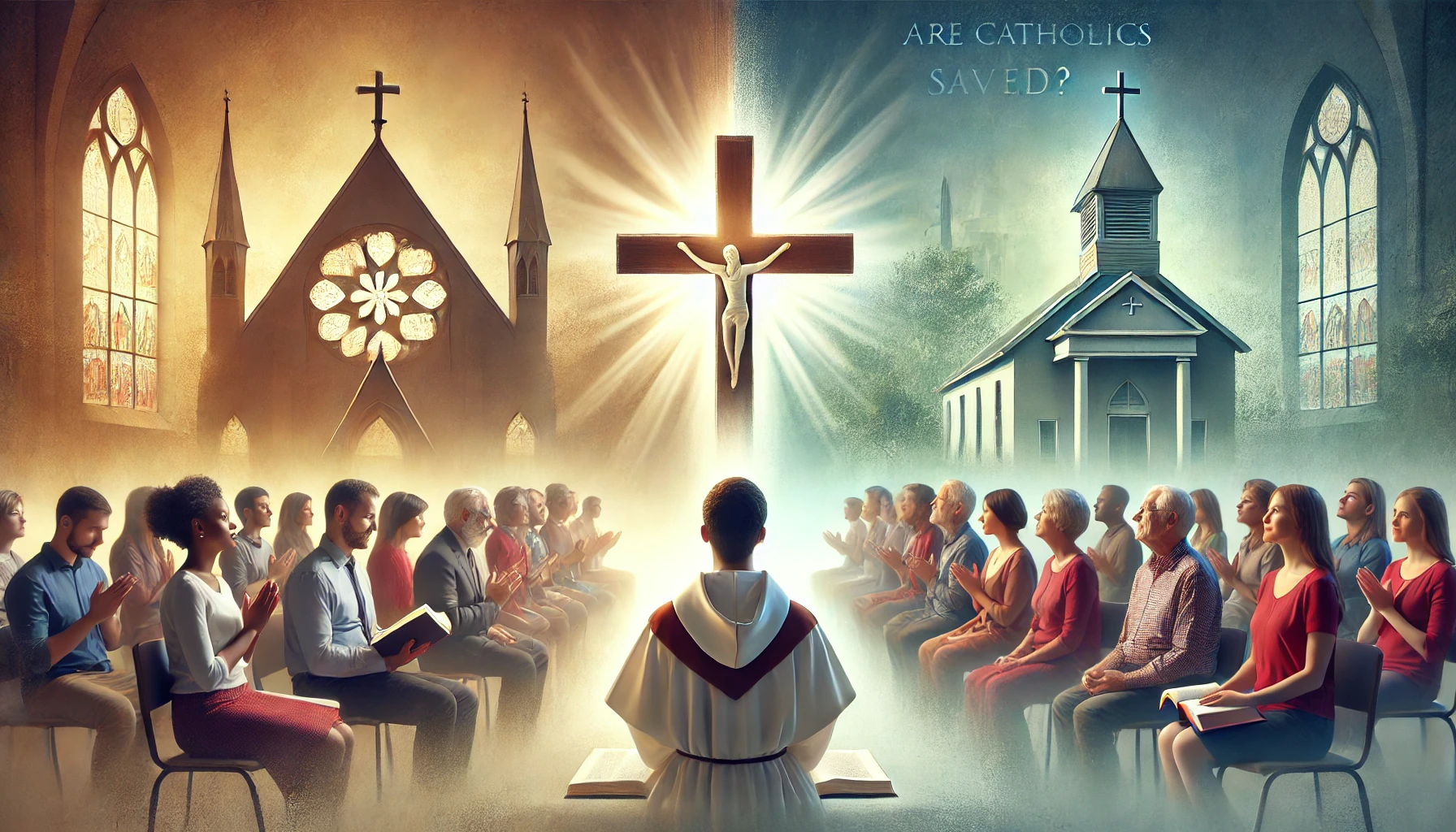As a pastor and student of God’s Word, I often reflect on the profound truths found in Scripture. One of the most intriguing and sobering concepts is “the time of Jacob’s trouble,” mentioned in Jeremiah 30:7:
“Alas! For that day is great, so that none is like it; it is even the time of Jacob’s trouble; but he shall be saved out of it” (KJV).
This passage refers to a future period of intense suffering and discipline for Israel, and I believe it aligns with the seven-year tribulation described in the end-times prophecies.
The Context of Jeremiah 30
In Jeremiah 30, God speaks to the prophet Jeremiah about the future of Judah and Israel. He promises to bring them back to the land He gave their ancestors, but this restoration will come through great hardship. Verse 7 calls it a day of unparalleled distress—a time of fear, trembling, and agony, likened to the pains of childbirth. Yet, even amid such turmoil, there is hope: God declares that He will deliver His people and fulfill His covenant promises.
This duality of judgment and salvation is central to the time of Jacob’s trouble. God disciplines His chosen people, not to destroy them, but to refine and restore them. As He says in Jeremiah 30:11:
“I am with you and will save you. … I will discipline you but only with justice; I will not let you go entirely unpunished.”
The End-Times Connection
The phrase “that day is great, so that none is like it” points to a unique and unprecedented period. This description corresponds to the tribulation Jesus spoke of in Matthew 24:21:
“For then there will be great distress, unequaled from the beginning of the world until now—and never to be equaled again.”
Jesus, Jeremiah, and the apostle Paul all used the imagery of birth pains to describe this time. These pains signify the growing intensity of global turmoil, including false prophets, wars, famines, and natural disasters (Matthew 24:6–8; 1 Thessalonians 5:3). Revelation chapters 6–12 provide further details, depicting the unfolding judgments of God during this tribulation.
God’s Purpose in the Time of Jacob’s Trouble
One of the primary purposes of this period is to turn Israel back to the Lord. In Jeremiah 30:22, God declares, “You will be my people, and I will be your God.” Other prophetic passages, such as Hosea 6:1–2 and Zechariah 12:10, echo this theme of repentance and restoration.
God’s discipline during the time of Jacob’s trouble also serves a greater purpose: to demonstrate His faithfulness. He keeps His promises to judge sin, refine His people, and offer salvation to all who call upon His name. As Joel 2:32 and Romans 10:13 assure us:
“Everyone who calls on the name of the Lord will be saved.”
The Outcome: Peace and Restoration
After the time of Jacob’s trouble, there will be a glorious future. The Lord will establish His millennial kingdom, bringing peace and righteousness to the earth (Revelation 20:1–6; Isaiah 11). Israel will dwell securely in the land, and all nations will witness the fulfillment of God’s redemptive plan.
A Message for Us Today
The time of Jacob’s trouble is a sobering reminder of God’s holiness and justice, but it also highlights His mercy and faithfulness. For believers today, it calls us to trust in Christ, who saves us from the coming wrath and grants us eternal life.
“For God did not appoint us to suffer wrath but to receive salvation through our Lord Jesus Christ” (1 Thessalonians 5:9).
As we reflect on these prophecies, let us remain steadfast in our faith, share the hope of salvation, and look forward to the day when Christ will reign in glory.






Leave a Reply